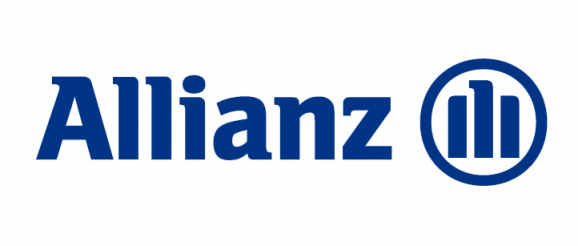Insurance industry responds to evolving risks with innovation and collaboration: Allianz – Reinsurance News

In the face of growing concerns over the insurability of modern risks such as cyber threats and climate-related disasters, the insurance industry is stepping up its game, according to the recently published Allianz Risk Barometer 2024. The report highlights that cyber security has become the top global risk, with cyber-attacks and IT outages reaching record losses in 2023. Similarly, natural hazards and extreme weather have surged to the third-highest major risk worldwide, emphasising the increasing impact of climate change. Business interruption, often caused by cyber or natural catastrophes, ranks second on this year’s Risk Barometer. Insurers are investing in advanced technologies and richer data sets to enhance modeling and risk assessment. Machine learning and AI are being utilised to analyse vast amounts of data, identifying and predicting potential cyber threats. Engineering expertise, powered by data, enables the assessment of sustainable materials and low-carbon technologies, fostering a proactive approach to understanding and underwriting emerging risks. Recognising the evolving nature of risks, insurers are innovating new ways to transfer risk beyond traditional indemnity insurance. The industry is exploring products that combine robust risk mitigation elements with insurance coverage. Parametric insurance, which pays a set amount based on a pre-determined trigger rather than the magnitude of losses, is expected to play a growing role in the insurance landscape. Insurance is no longer just about paying claims. The industry is expanding its role by leveraging risk expertise for promoting prevention and preparedness. Insurers are encouraged to play a deeper risk consultant role, offering support for customers’ adaptation, mitigation, and resilience measures, the report noted. This approach not only enhances preparedness but also increases resilience, reduces losses, and extends insurability to higher-risk cases and areas. The industry is urging collaborative partnerships to foster preparedness and prevention against modern risks. This involves working closely with businesses to enhance resilience, partnering with governments to find solutions to catastrophic scenarios, and engaging individuals, institutions, and society to provide comprehensive risk awareness, loss mitigation, and community resiliency.
